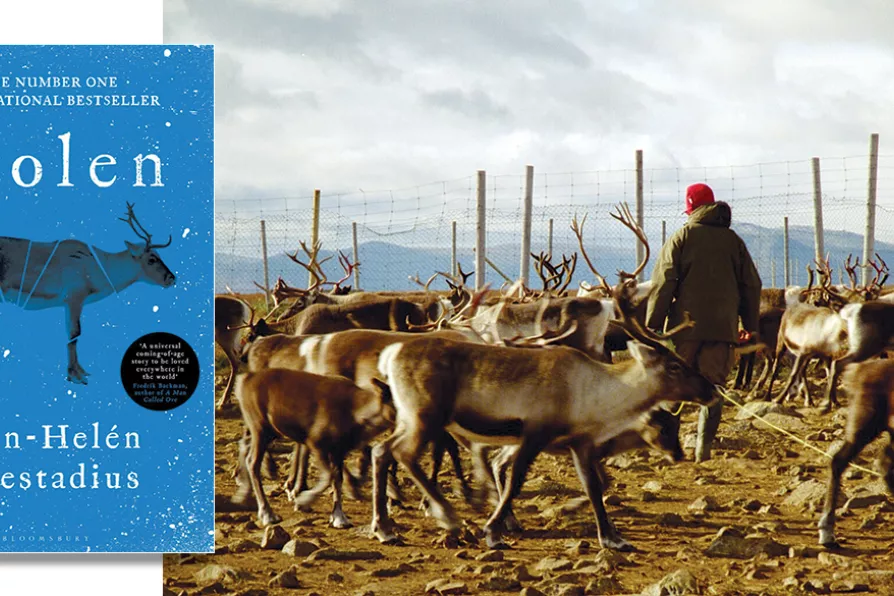JOHN GREEN, MARIA DUARTE and ANGUS REID review Fukushima: A Nuclear Nightmare, Man on the Run, If I Had Legs I’d Kick You, and Cold Storage

 Sami Reindeer herding, Sweden
[Mats Andersson]
Sami Reindeer herding, Sweden
[Mats Andersson]
Stolen
By Ann-Helen Laestadius
Bloomsbury Circus, £18.99
THE SAMI people inhabit the region of Sapmi, encompassing northern parts of Norway, Sweden, Finland, and Russia’s Kola peninsula. The region was formerly known as Lapland, and the Sami known in English as Lapps or Laplanders, but these terms are, today, deemed offensive.
This novel tells the story of a girl growing up in a Sami family and the story is told largely by her. Elsa lives in the north of Sweden and is a nine-year-old Sami girl when the narrative begins, maturing into an adult by the end.
Like many of the families here, herding reindeer is the family’s chief means of livelihood, but a malevolent Swedish poacher who lives in the vicinity sees the wild-roaming herds as a source of cheap income for himself. The unfolding conflict between him and the family is at the centre of what becomes a tension-filled crime story even if the only murder victims are the reindeer.
Like so many minority peoples, the Sami find their culture and traditional ways of life challenged and under pressure from modernity, discrimination, and racist attitudes.

RITA DI SANTO gives us a first look at some extraordinary new films that examine outsiders, migrants, belonging and social abuse

JOHN GREEN wades through a pessimistic prophesy that does not consider the need for radical change in political and social structures

Peter Mitchell's photography reveals a poetic relationship with Leeds










